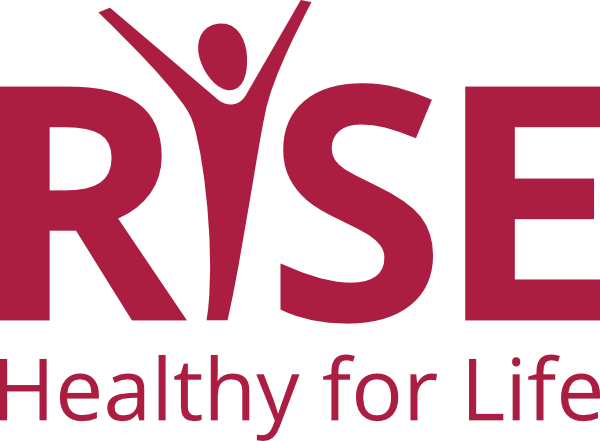Why do we need trauma-informed sex ed?
Trauma-informed care involves creating safe, empowering learning spaces for trauma survivors—even when we don’t know who they are. Trauma literally rewires the brain, so teaching sensitive topics like sex ed might trigger painful responses that makes survivors less able to absorb the information they need.
Abstinence-only and abstinence-only-until-marriage curricula can retraumatize survivors when they emphasize shame and fear. Survivors might hear that they are wrong or dirty or have somehow allowed something to happen to them. Instead we can recognize that people don’t always have a choice about whether to participate in sexual activity, and that this is not a survivor’s fault.
Some sex ed programs fail to acknowledge the existence of LGBTQ students, which can traumatize children and youth who already have a higher risk of depression due to hostile societal attention. Providing a safe space and compassionate instruction in a classroom helps alleviate that hostility and can make a positive difference in a student’s life.
Sex ed sometimes shames people who have made or will make the decision to become sexually active, even if that is after marriage. When we treat sex and sexuality as shameful, taboo topics, we leave youth without the knowledge and skills they need to make healthy decisions about their boundaries, prevent STIs and unintended pregnancy, communicate effectively with future partners, and develop healthy relationship skills. Students in an environment that emphasizes fear and shame also are less likely to believe the instructor is a trusted adult they can ask questions of.
Leading with shame makes youth less receptive. But teaching with compassion, with skill and deftness to assure all students that they are safe, in control of their learning, and valued for who they are makes a difference. It opens youth up to new information and ideas and builds trust and respect in the classroom.

